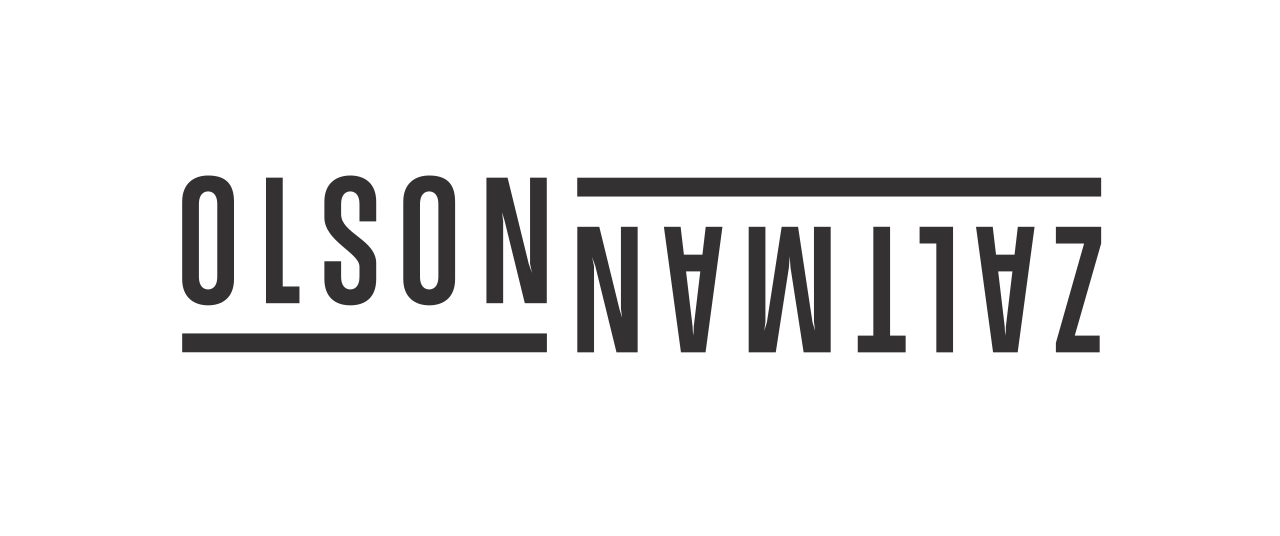The soul of SoulCycle
As you may know, the trendy fitness company SoulCycle was hit with a boycott last month after the chairman of its parent company, Stephen Ross, hosted a fundraiser for Donald Trump.
Usually boycotts like this come and go faster than you can say the word “boycott.” But not this one – not quite. Fast Company reports that the number of SoulCycle membership purchases dropped 12.8 percent in August – a decline that is unprecedented for the company.
A number of marketing experts predicted at the outset of the boycott that it would have no effect, but they were wrong, at least on the short-term.
Those experts are now hypothesizing that a brand like SoulCycle, which essentially is a cult brand that people have adopted as part of their identity, is much more vulnerable than a run-of-the-mill brand when it does something that runs afoul of its consumers’ values.
Also, social reinforcement may play a factor. As one expert says, social change doesn’t just require a change in thinking – it requires social support and social pressure. In other words, if you worry your friends will diss you for being a fascist pig when you post something on Instagram about your SoulCycle workout, then you lose much of the incentive to go to SoulCycle. If you can’t brag about it, it’s less a part of your identity. And if it’s less a part of your identity, is it worth doing?
It’s still an open question whether that August decline will be lasting. News cycles move quickly and last month seems like an eternity. However, the deeper lessons about the influence of the crowd and the flip side of strong brand communities are worth internalizing.

